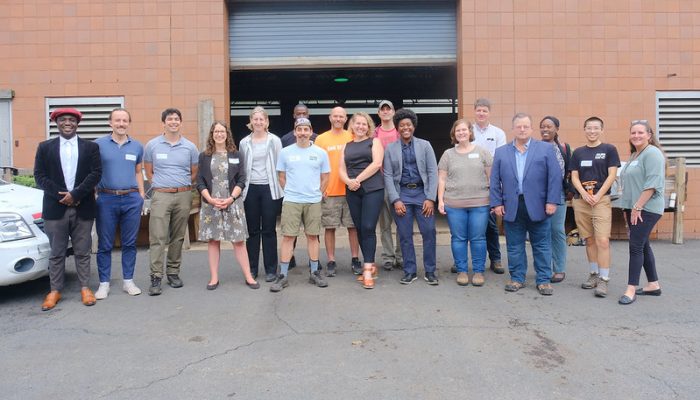
Post
Moving the City of Philadelphia toward a zero waste future.
The City of Philadelphia’s Zero Waste initiatives engage residents, businesses, institutions, and City departments in reducing and diverting waste away from the trash to meet the City’s long-term zero waste goal.
Zero Waste initiatives include the following:
| Address |
1515 Arch St.
13th Floor Philadelphia, PA 19102 |
|---|---|
|
sustainability |
|
| Social |